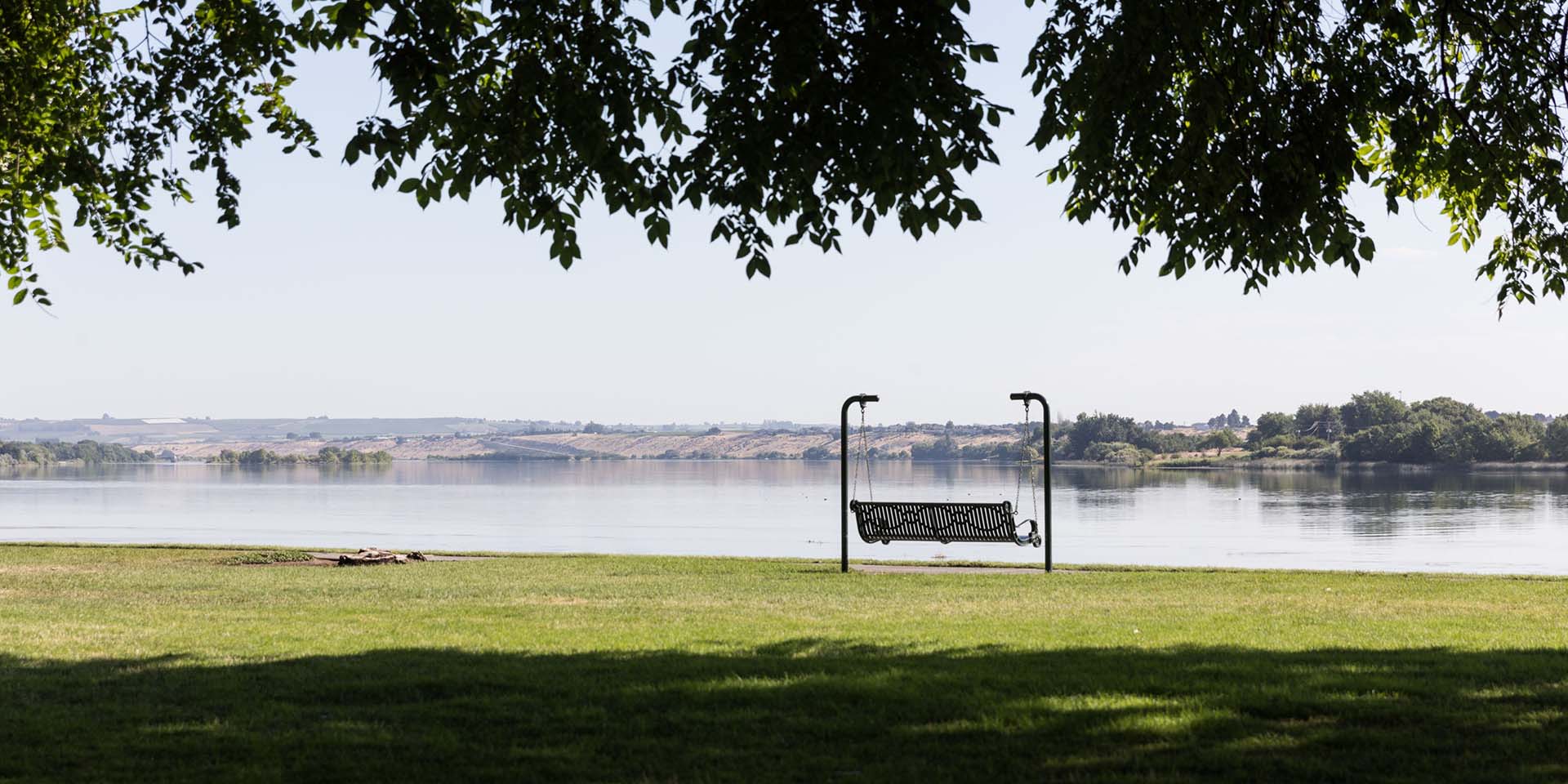
Saelens Lab
Welcome to the Saelens Lab
Led by Dr. Saelens, our lab conducts research on environmental influences on physical activity and eating behaviors and on the psychosocial factors that influence individual choice for weight-related behaviors. This work includes examining how the neighborhood environment impacts weight status, physical activity, and dietary behaviors across the lifespan. The Saelens Lab also works in the evaluation and improvement of family-based behavioral treatment for pediatric overweight.
BASIC2
Family-Based Childhood Weight Management Studies
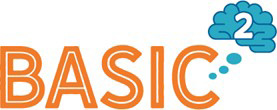 Brain Activation and Satiety in Children 2 is a drug study that will examine how the combination of family-based behavioral treatment (FBT) and a glucagon-like peptide-1 receptor agonist (GLP-1RA) drug intervention affects health outcomes in obese children from 10-12 years old. Participation includes a double-blinded 24 week period where participants receive either placebo or active drug and a 1-year follow-up period. Health outcomes will be evaluated by measuring changes to (a) BMI z-score, (b) neural activation by food cues & (c) mediobasal hypothalamus gliosis (via fMRI & sMRI).
Brain Activation and Satiety in Children 2 is a drug study that will examine how the combination of family-based behavioral treatment (FBT) and a glucagon-like peptide-1 receptor agonist (GLP-1RA) drug intervention affects health outcomes in obese children from 10-12 years old. Participation includes a double-blinded 24 week period where participants receive either placebo or active drug and a 1-year follow-up period. Health outcomes will be evaluated by measuring changes to (a) BMI z-score, (b) neural activation by food cues & (c) mediobasal hypothalamus gliosis (via fMRI & sMRI).
InSPACE
Built Environment and Policy Studies
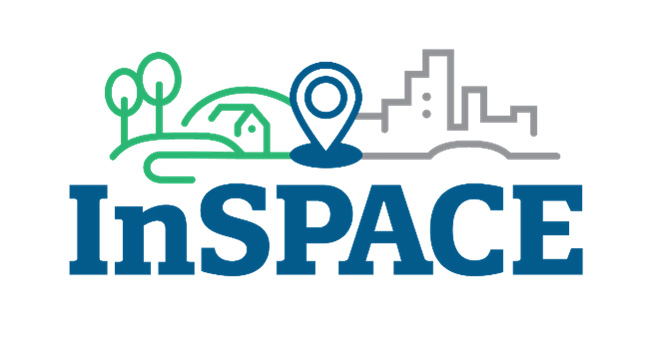 The Interventions Supporting Physical Activity modified by the Environment (InSPACE) study, is a novel NIH-funded study aiming to identify neighborhood built and social environment factors that affect an individual’s behavioral response to physical activity interventions [NIH# R01HL157166]. The study team plans to do this by pooling and analyzing data from 50+ completed physical activity intervention trials and creating comparable built and social environment variables across trials.
The Interventions Supporting Physical Activity modified by the Environment (InSPACE) study, is a novel NIH-funded study aiming to identify neighborhood built and social environment factors that affect an individual’s behavioral response to physical activity interventions [NIH# R01HL157166]. The study team plans to do this by pooling and analyzing data from 50+ completed physical activity intervention trials and creating comparable built and social environment variables across trials.
SeaSAW
Built Environment and Policy Studies
In 2018 the City of Seattle began taxing sugar-sweetened beverages distributed within the city. Seattle Children’s and the University of Washington worked to evaluate multiple components of the tax. Our team evaluated the impact of the tax on sugary beverage consumption and other aspects of diet quality in lower-income children in the Seattle Shopping And Wellness Study (SeaSAW). We evaluated a group within Seattle and a control group outside of Seattle in King County that was not affected by the tax. We also evaluated participant knowledge of the tax and if it changed their shopping habits. Participating parents and their children completed surveys to tell us about their habits and experiences with the tax.
ACTION
Built Environment and Policy Studies
Seattle Children's Research Institute and the University of Washington are conducting a research study, the Assessing Choices in Transportation in Our Neighborhoods (ACTION) Project. The goal of the ACTION Study is to learn more about how a person’s neighborhood, commuting and travel relate to their daily activities and overall well-being. This knowledge could help to inform policies to improve the health of communities.
Past Studies
Seattle Children’s Research Institute is currently conducting the Brain Activation and Satiety in Children Functional Magnetic Resonance Imaging (BASIC fMRI) study which is funded by the National Institutes of Health. The goal of this study is to look at brain responses to food and family-based behavioral treatment in order to find better ways to help families maintain a healthy weight. Read about the study (PDF).
Success in Health: Impacting Families Together (SHIFT) is a research study funded by the National Institutes of Health. The goal of the SHIFT study is to find ways to make family weight management treatment available to more families using a peer-to-peer model.
Measures and Protocols
Environmental Assessment of Public Recreation Spaces (EAPRS)
- Codebook (XLS)
- EAPRS Full Observations Version 8, Updated July 11, 2011 (PDF)
- EAPRS Full Tool Scoring Rationale (DOC)
- Guidebook (PDF)
- Picture Guide (PDF)
- Scoring for EAPRS Full Tool (SPS/ZIP)
Neighborhood Impact on Kids (NIK) surveys
- NIK Time 1 Survey (DOC)
- NIK Time 2 Survey (DOC)
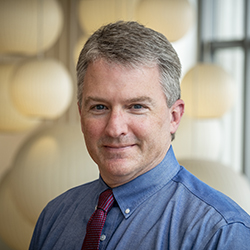
Brian E Saelens, PhD
Brian E. Saelens, PhD, is a professor of Pediatrics and Psychiatry and Behavioral Sciences at the University of Washington and principal investigator at Seattle Children's Research Institute. Dr. Saelens came to Seattle in 2006, having started his faculty career at Cincinnati Children's Hospital in 2000. Dr. Saelens is trained as a clinical/health psychologist, with a bachelor's degree in psychology from Cornell University and a master's degree and PhD from the State University of New York at Buffalo. Dr. Saelens' research interests include pediatric obesity treatment and prevention. His work examines strategies to improve the efficacy and reach of family-based weight management interventions for youth with already elevated weight status. He also explores how environmental factors and policies influence physical activity and eating behaviors in children and adults. He collaborates with community partners and local public health practitioners to help implement policy, systems, and environment change around healthy eating and active living. His work has been funded by the National Institutes of Health, CDC, USDA, and the Robert Wood Johnson Foundation. As of 2024, he has authored over 290 peer-reviewed scientific publications.
-
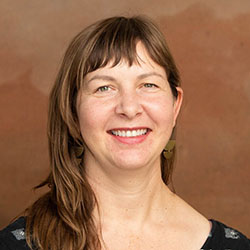
Maya Rowland, MPH
Research Manager
Maya began her career in public health research after working with youth and children involved in the juvenile justice and foster care systems. She received her MPH in Health Promotion in 2011 and has since worked in a variety of research and educational settings in Oregon and Washington. Maya joined CCHBD in the Saelens lab in 2015 and has since led multiple studies aiming to improve the health and wellbeing of kids and their families through direct behavioral interventions and policy evaluation.
